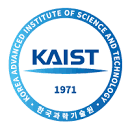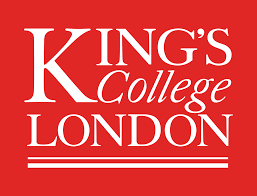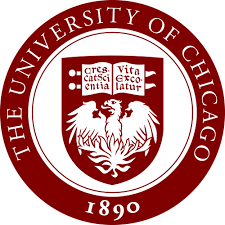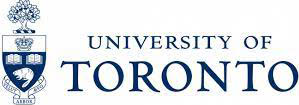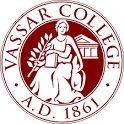ISP is proud to be the first international school to pilot the new NEASC (New England Association of Schools and Colleges) accreditation protocol, known as ACE (Architecture, Culture, Ecology).
Why is this new approach to accreditation necessary? Great schools are those where directions and decisions are framed by powerful, shared, research-based principles, not constrained by an over-abundance of complicated rules and regulations. Our concept of ‘learning’ – what ‘it looks like’, how it is nurtured or hindered, where and how it occurs, and what it means to be a learning-focused organization – has significantly changed thanks to social, economic, and technological shifts and dramatic new insights and understandings provided by brain research. Yet, despite many efforts at reforming and reinventing the place we call ‘school’, education has made little progress in liberating itself from a 19th century factory model designed to produce mass literacy – and a compliant work force. For the most part ‘school’ continues to be a place where learning is equated with academic outcomes, content mastery, and uniformity of process and practice. ‘Learning’ remains largely de-personalized, is often confused with high stakes test results, and does not equip our children with the understandings, aptitudes, dispositions, values, and competencies needed to deal with the global dilemmas and challenges of our times.
The preliminary accreditation team joined us during the first week of May, and spoke with the ISP community about the link between the principles embedded in our learning experiences and those arising from educational research.








